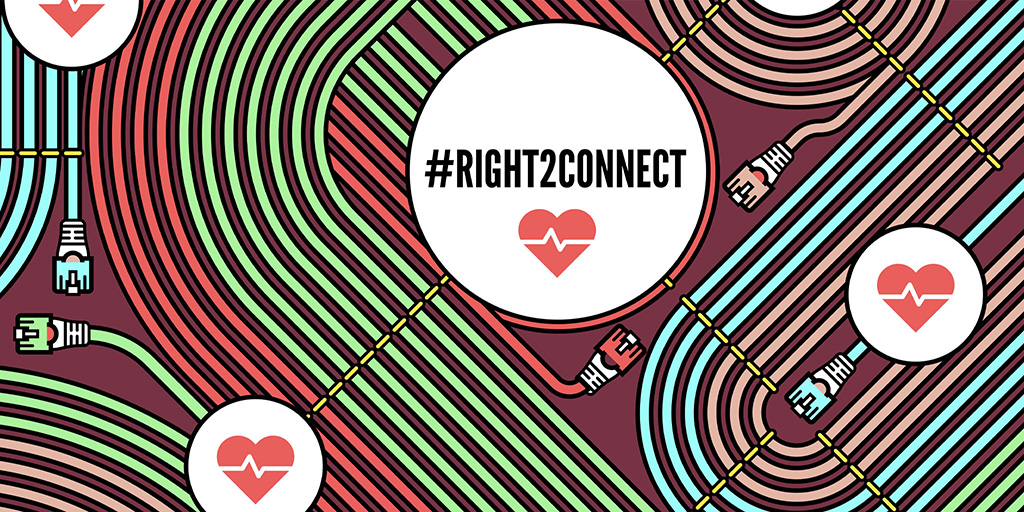Today, Access Now joined a coalition of public interest groups in sending a letter to the U.S. Federal Communications Commission (FCC) supporting a request by the National Congress of American Indians, et al., to help close the digital divide by extending the deadline in a proceeding that would allow Indigenous (“Tribal”) communities more access to U.S. federal government spectrum.
The rural Tribal priority window in the FCC’s 2.5 GHz proceeding is designed to give Tribal communities increased (and free) access to federal spectrum, allowing them to better provide wireless broadband service in their areas, which are traditionally difficult to serve. Unfortunately, given the pandemic and the lack of internet access in these areas, approximately 80% of eligible Tribes will be unable to apply for spectrum in time for the August 3 deadline.
To address this issue, the FCC should grant the National Congress of American Indians’ request to extend the rural Tribal priority window application deadline by 182 days to ensure maximum Tribal participation in the program. To date, the FCC has largely failed to ensure Tribal communities have internet access, with 36% of Tribal households (approximately 628,000 households nationwide) lacking access to broadband connections.
“It has never been more important to close the digital divide than during the COVID-19 pandemic,” said Eric Null, U.S. Policy Manager at Access Now. “The FCC has long known of the broadband difficulties Tribal communities face and how dire the broadband situation is for these areas. They also bear a significant burden from the pandemic, and working from home can be extremely difficult without internet access. Refusing to grant the federal spectrum application extension would be unjust and callous.”
It is imperative that everyone, especially those in at-risk or under-served communities, such as Tribal communities, have access to a high-quality internet connection. Prior to the COVID-19 pandemic, many services for daily functioning, such as banking, had moved online. The current situation simply highlights further the acute discrepancy in internet access across communities. Today, the internet is an essential tool for employment, education, health, communication, political engagement, and accessing other important resources. Moreover, those without a connection are cut off from exercising a broad range of human rights, including the right to access information.
As the U.S. government continues to grapple with how to confront the public health crisis, Access Now will remain steadfast in its commitment to calling for the full protection of digital rights, including the ability to access a high-quality internet connection, for everyone.
